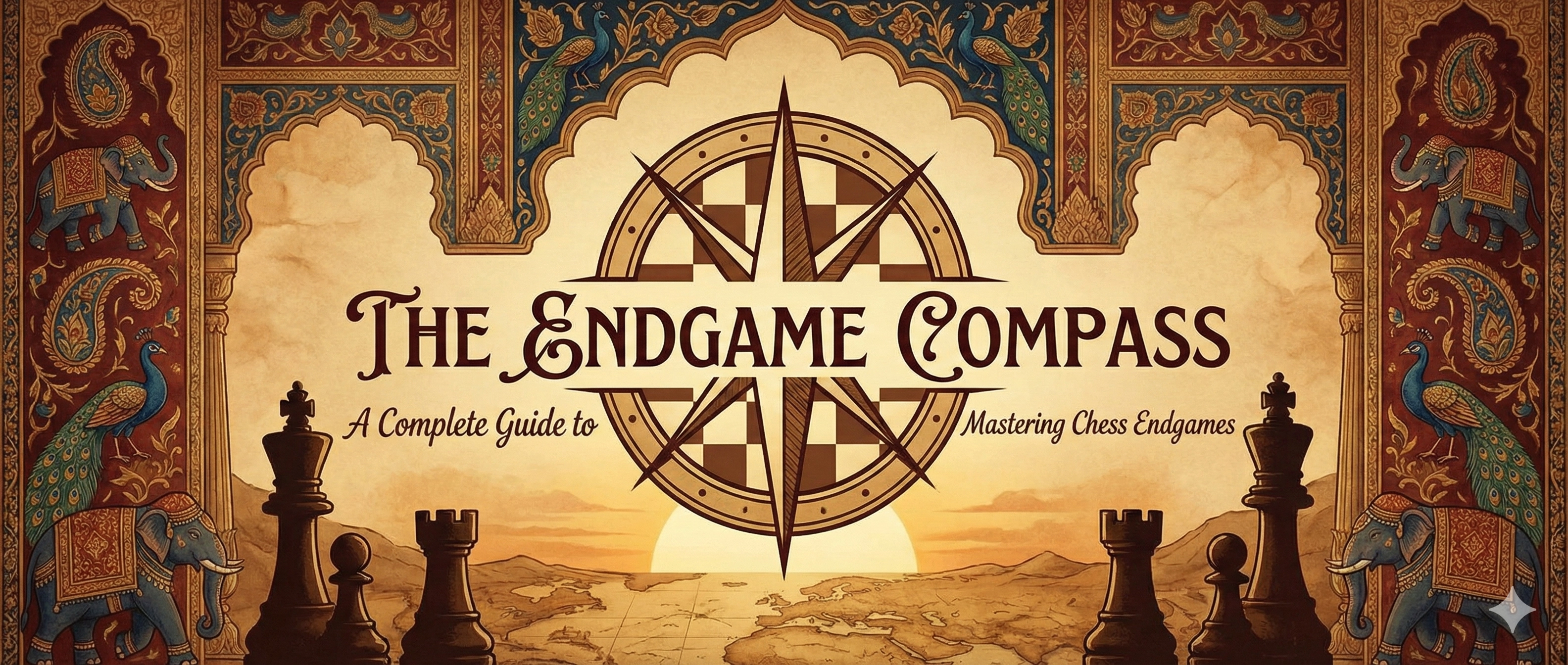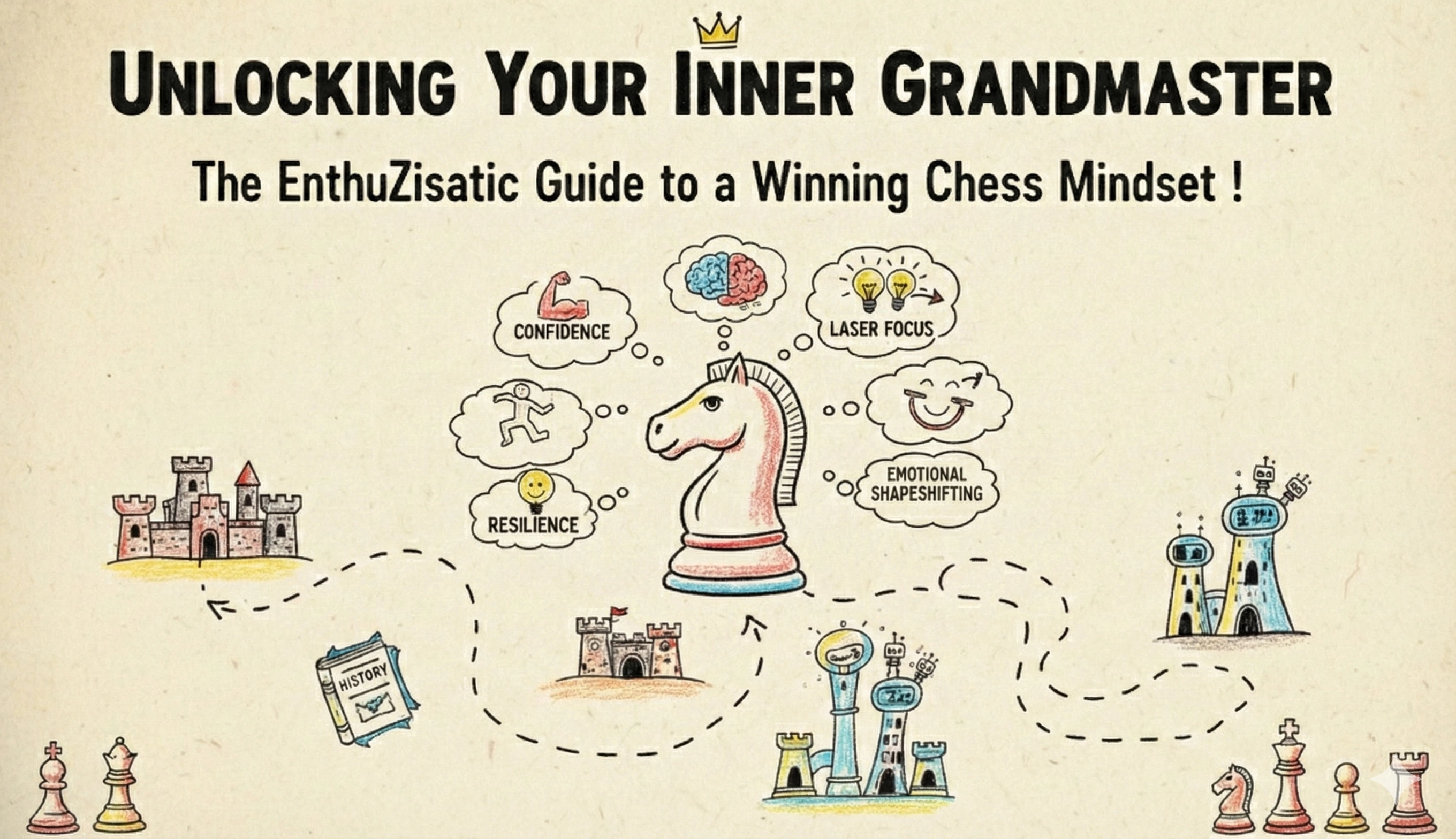As the admission season approaches again, multiple students are confused between subjects with similar names.
For example, AP Physics 1 vs 2. AP physics is divided into 4 different courses and, students often don’t understand how they are different, as all are algebra-based.
They usually get confused about which subject to choose first to start their college career. In this post, I will help you learn the differences and similarities between AP physics 1 and 2.
- AP Physics 1 vs 2
- Conclusion
- FAQs
- 1. Can I take AP physics 2 without studying AP Physics 1?
- 2. Can I carry a graphing calculator in the AP Physics 1 and 2 exams?
- 3. Will I learn about linear momentum in AP Physics 1?
- 4. Can I appear for the AP physics mechanics exam by studying AP Physics 1?
- 5. Is AP physics 1 harder than AP physics 2?
- 6. Can I take AP physics c instead of AP Physics 1 or 2?
- 7. Can I self-study for the AP Physics 1 and 2 exams?
AP Physics 1 vs 2
The Differences and Similarities Course contents, Exam format, and how much college credit each course offers, helps students understand the difference between the courses.
Let's see, what these factors mean for AP physics 1 and AP physics 2.
1. Course Contents And Difficulty AP physics 1 and 2 Course
AP Physics 1 is designed for first-year AP students and focuses on algebra-based physics, so a strong understanding of introductory physics and Algebra I is required.
AP Physics 2 builds on AP Physics 1 and introduces more advanced topics, including Algebra II concepts and nuclear physics. Therefore, passing AP Physics 1 is a prerequisite for taking AP Physics 2.
High school student Albert Ma, who completed 11 AP classes, notes: “I took AP Physics 1 and 2 in high school, and AP Physics 2 is harder than AP Physics 1. However, AP Physics 2 has a much better score distribution compared to AP Physics 1.”

2. Exam Format AP Physics
1 exam and AP physics 2 exams follow a similar pattern. Whereas, when it’s AP physics 1 or 2 vs AP physics c, exam hours and the number of total questions change. Below are a few things that define AP physics 1 and 2’s similarities.
AP Physics 1 | AP Physics 2 |
3 hours (Total exam time) | 3 hours (Total exam time) |
50 MCQs | 50 MCQs |
5 Free response question | 5 Free response questions |
MCQs
For AP physics 1 and 2, you get 1 hour and 30 minutes to solve MCQs. The score weightage for this part is 50% of the total test score.
College Board will provide you with paper to complete your equations and double-check your answers.

Free Response Section: You will get 1 hour and 30 mins for AP physics 1 and 2. And your total score weightage would be 50% of the total test score.
You will have to answer 1 experimental design question, 2 qualitative / quantitative translation questions, and 2 short answer questions. As MCQs and FRQs for AP Physics 1 and 2 are weighted equally, ensure that you prepare for both sections equally.
Wondering what to bring to your AP physics exams as you read this? Don’t worry; we have you covered; read “What to bring to an AP exam” and learn about it.

3. College Credit Each Course Offers
According to College Board, almost every college requires equal minimum college credit for AP physics 1 and 2. Here is a list of the minimum scores for AP physics 1 and 2 accepted in a few of the colleges in the USA:
AP Physics 1 Credit | AP Physics 2 Credit | |
Columbia University | 4 | 4 |
Berkeley City College | 3 | 3 |
Boston College | 4 | 4 |
California State University | 3 | 3 |
Cornell University | 5 | 5 |
Despite the universities wanting similar scores for AP physics 1 and 2, things are challenging. Bringing 3 and above in AP Physics 2 and AP physics C vs AP physics 1 is easier. That’s because AP physics 1’s test is much more challenging than the course content.
Humza Syed, who had taken AP physics 1 in high school, says: "I took AP physics 1 and 2 tests last year, and although I was taking AP physics 1 class, my teacher also made me practice AP Physics 2 courses.
I learned Newtonian mechanics, energy, kinematics and fluid dynamics, thermodynamics, electrostatics, circuits, and circuits from AP Physics 2. After taking tests on two AP courses, I would say the AP 2 course content is harder.
However, AP Physics 1's test is harder as it tests students completing their second year in physics in high school".

However, scoring 3+ in AP physics 1 isn't impossible. You need entry-level knowledge of physics and a strong base in algebra. Moreover, you also need to solve practice papers to know what type of questions you will receive.
4. Our Take AP Physics 1 Vs 2 what are the differences and similarities?
Neither AP Physics 1 nor 2 are interchangeable. You need both subjects if you want to pursue a career in physics. If AP Physics 1 is the first step to a bright career, then AP Physics 2 is the second.
That said, there are some differences and similarities between these AP physics 1 and 2. And after thorough deduction, I have made a list for you.
The similarities
You need strong physics and algebra knowledge for AP physics 1 and 2
Score distribution and numbers of questions in AP physics 1 and 2 are similar
The minimum score requirement for both AP physics 1 and 2 are the same in every college in the USA
Now the differences
AP Physics 1 is for 1st semester in college, whereas AP physics 2 is for 2nd of college
For AP physics 1, you need a strong base in physics and algebra, whereas AP Physics 2 is a follow-up course to AP Physics 1. So, you need to study AP physics 1 to take AP physics 2
AP Physics 2's course content is more challenging; on the contrary, AP physics 1’s exam contents are difficult.
Save another day of your high school in wondering which AP physics would be better for you. Enroll in EnthuZiastic’s AP physics class and get prepared to score 5.


Conclusion
AP Physics 1 and 2 are vital for students aspiring to take physics in their colleges. So, studying both courses would be the best decision. There is no competition between the two courses as you need both to earn good college credit. Best of luck!
FAQs
1. Can I take AP physics 2 without studying AP Physics 1?
You can, but it won't be easy to understand the course content as AP Physics 2 is a follow-up course to PA physics 1. So, it’s best that you study AP physics 1 and then go for AP Physics 2. Is AP physics 1 and 2 a calculus-based course? No, AP physics 1 and 2 are precalculus physics, so you need thorough knowledge of basic physics and algebra. AP physics c course is calculus-based.
2. Can I carry a graphing calculator in the AP Physics 1 and 2 exams?
You can carry a graphing calculator in AP physics 1 and 2 exams. Graphing calculators are allowed, and they will make your exam procedure easier.
3. Will I learn about linear momentum in AP Physics 1?
Yes, you will learn about linear momentum in AP physics 1. You will learn about the core concepts and theories of the course.
4. Can I appear for the AP physics mechanics exam by studying AP Physics 1?
No, you must study AP physics c to sit for the AP physics mechanics exam. You can get in touch with your guidance counselor for further information.
5. Is AP physics 1 harder than AP physics 2?
AP Physics 2 is designed to follow up AP Physics 1, so the course is advanced. However, AP Physics 1's exams are more challenging as they test your basic physics knowledge.
6. Can I take AP physics c instead of AP Physics 1 or 2?
It depends on your teachers and future aspirations. If you have a good teacher willing to teach you the core concepts of the subjects, and if you want to be a physicist, then you can take AP physics c.
7. Can I self-study for the AP Physics 1 and 2 exams?
If you have a strong base in algebra and physics, then you can. You will find various online resources and practice papers to make your study easier.






Comments